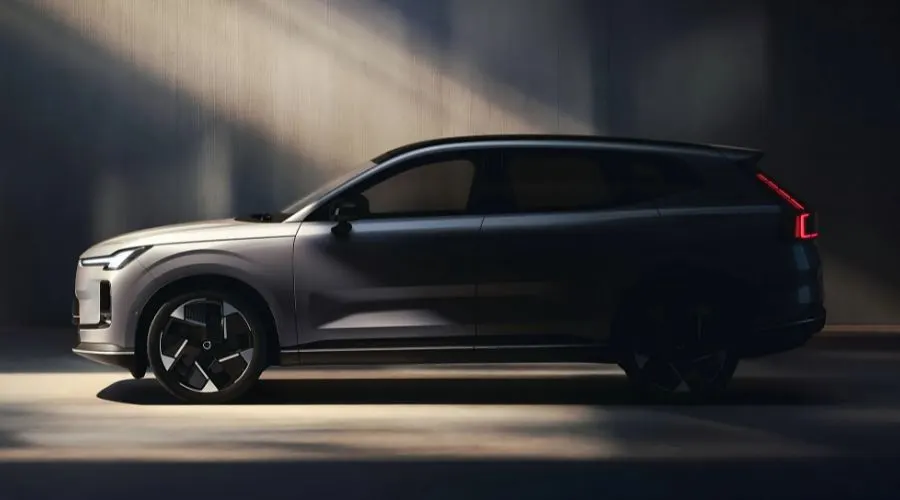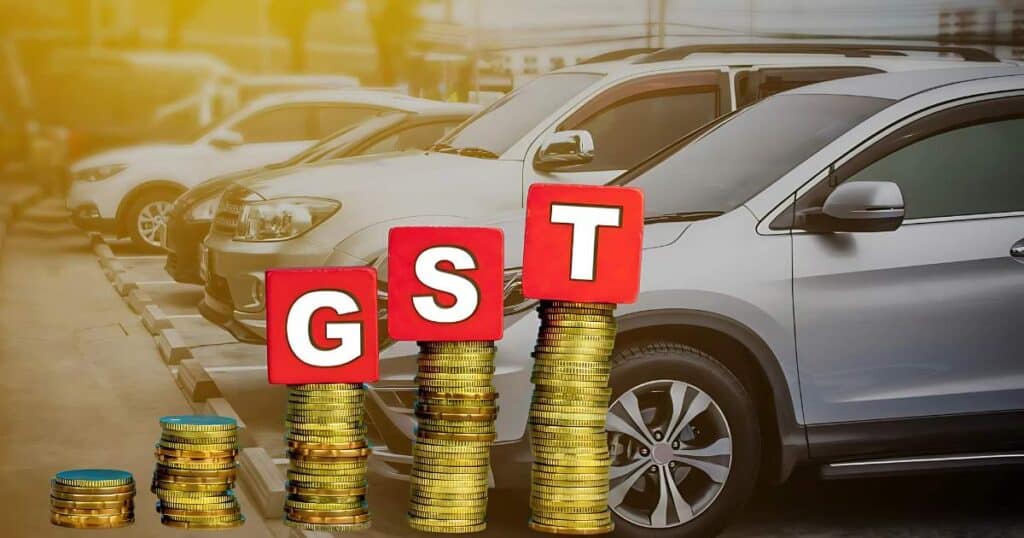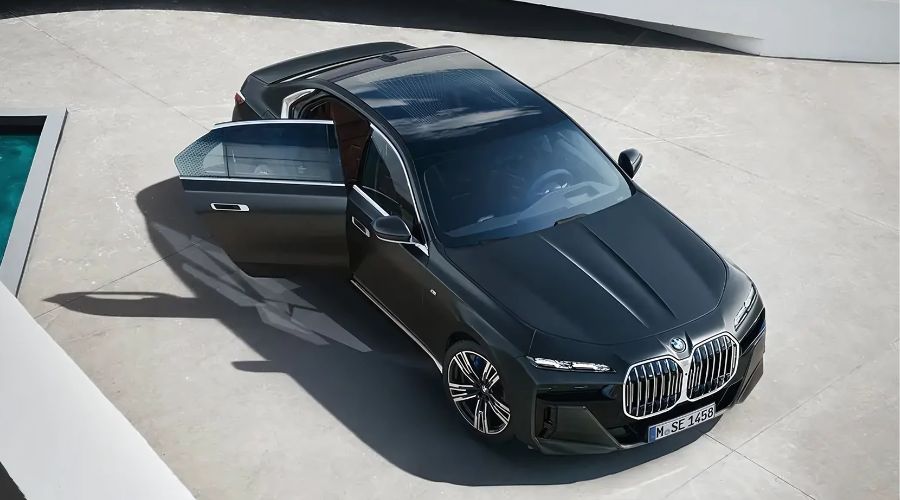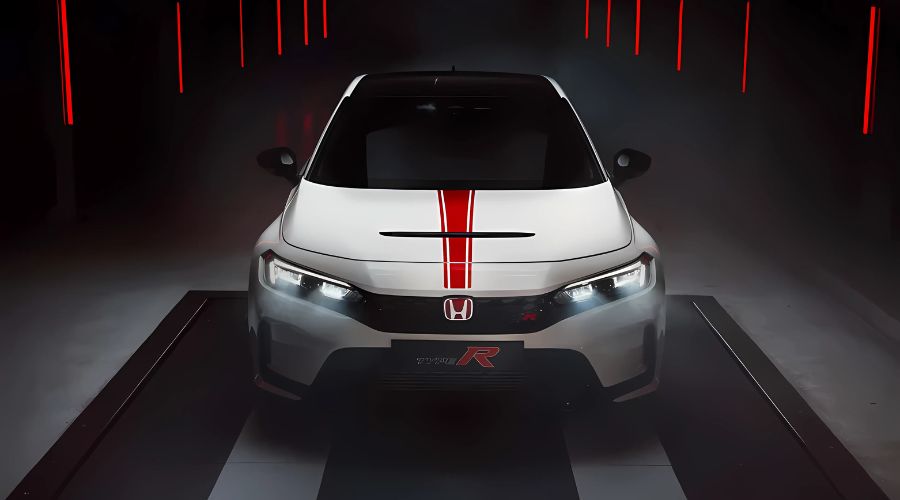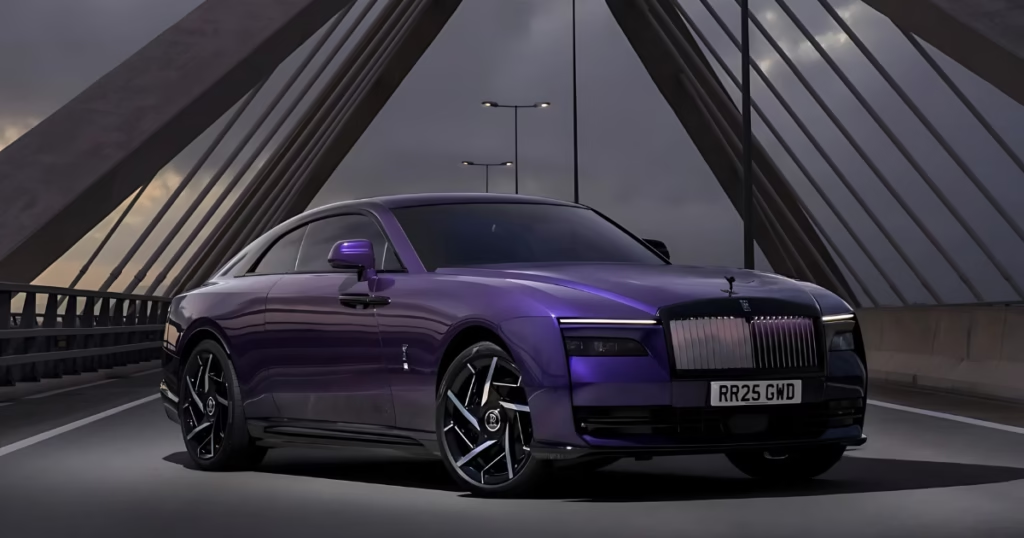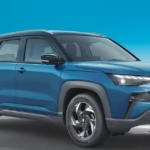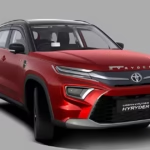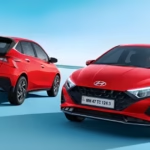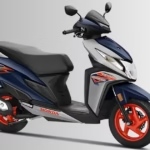Delhi Electric Vehicle Policy 2.0: Hybrid Cars Set to Receive EV-Level Benefits Under Delhi’s Draft Policy
In an exciting move for the automotive industry, the Delhi government has unveiled a draft policy under the Electric Vehicle Policy 2.0. The proposal aims to extend EV-level incentives to hybrid cars, potentially reshaping the future of green mobility in the region.
The new draft policy proposes exemptions from road tax and registration fees for hybrid cars priced up to Rs 20 lakh (ex-showroom) in the Delhi-NCR region. These benefits, however, will only apply to strong hybrids and plug-in hybrids, excluding mild hybrids from this incentive scheme.
Also Read: Hyundai Palisade Unveils Next-Gen Hybrid Powertrain
This marks a significant step toward bridging the gap between fully electric vehicles and hybrid models. Currently, Delhi’s existing EV policy does not include provisions for hybrids, making this a potential game-changer for car buyers and manufacturers alike.

Electric Vehicle Policy 2.0 Key Highlights:
- Inclusion of Hybrids: The draft proposes treating strong and plug-in hybrid vehicles on par with EVs, offering financial benefits that could ease adoption.
- Price Bracket: Only hybrid cars priced up to ₹20 lakh will qualify for these benefits, targeting the mid-premium segment.
- Automakers Involved: Brands like Maruti Suzuki, Toyota, and Honda, which offer strong hybrid options, stand to benefit from this policy.
Also Read: 2026 Lexus ES Unveiled with All-Electric and Hybrid Powertrain Options
While the policy is a welcome addition for many, concerns have been raised by automakers heavily invested in EVs, such as Tata Motors, Mahindra, Hyundai, and Kia. The new incentives for hybrids might divert resources and attention from the fully electric vehicle segment, possibly delaying India’s EV transition.
The policy has sparked a wave of reactions across the automotive industry. While EV-focused companies are apprehensive about extending incentives to hybrids, hybrid manufacturers view this as an opportunity to grow their market share. The upcoming discussions between automakers and the Delhi government will likely play a crucial role in shaping the final version of the policy.
Also Read: Volvo S90 Facelift Unveiled: Hybrid Power, Upgraded Features & Sleek Design
As the draft policy undergoes reviews and consultations, its execution could significantly impact India’s automotive landscape. With hybrid vehicles gaining recognition as a viable bridge technology between traditional internal combustion engines and fully electric systems, this move by the Delhi government could signal a broader shift toward more inclusive green mobility solutions.




